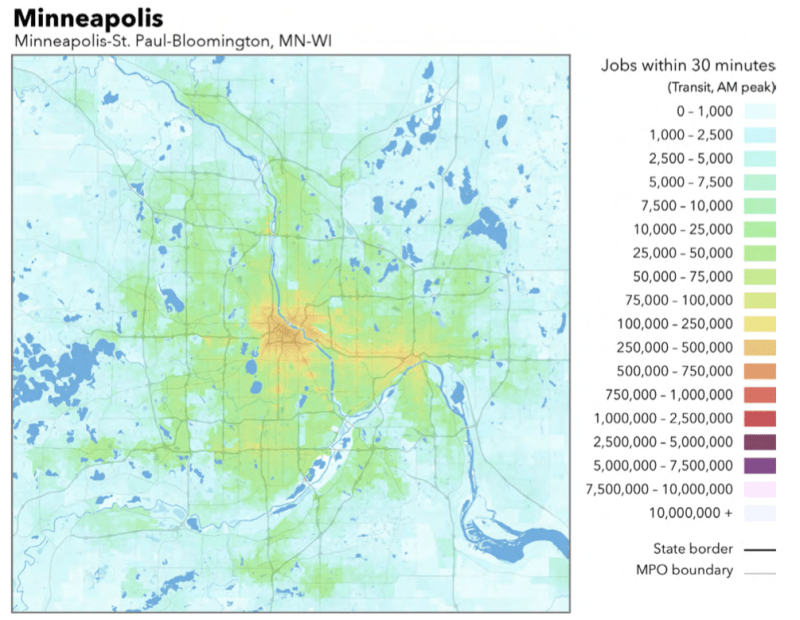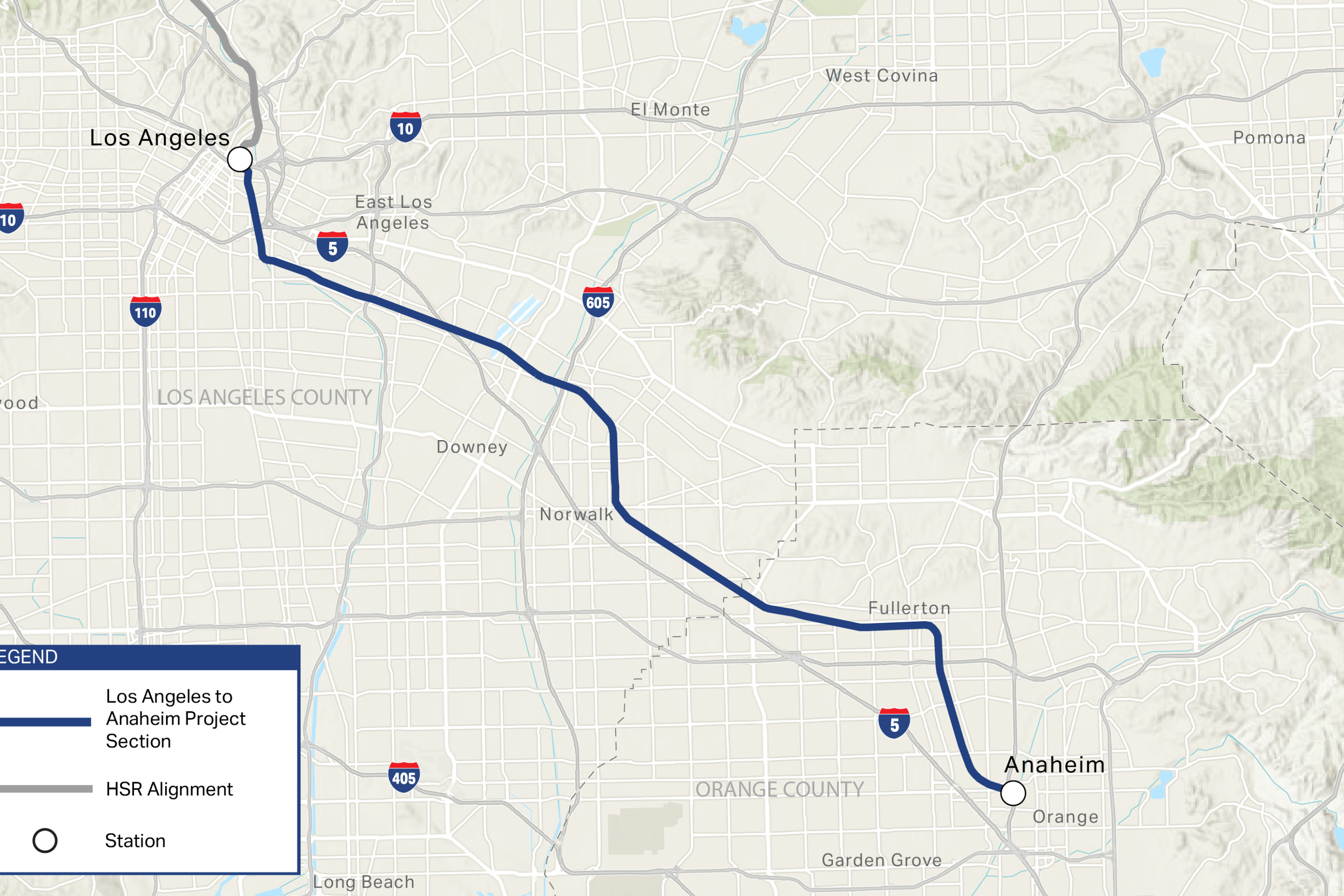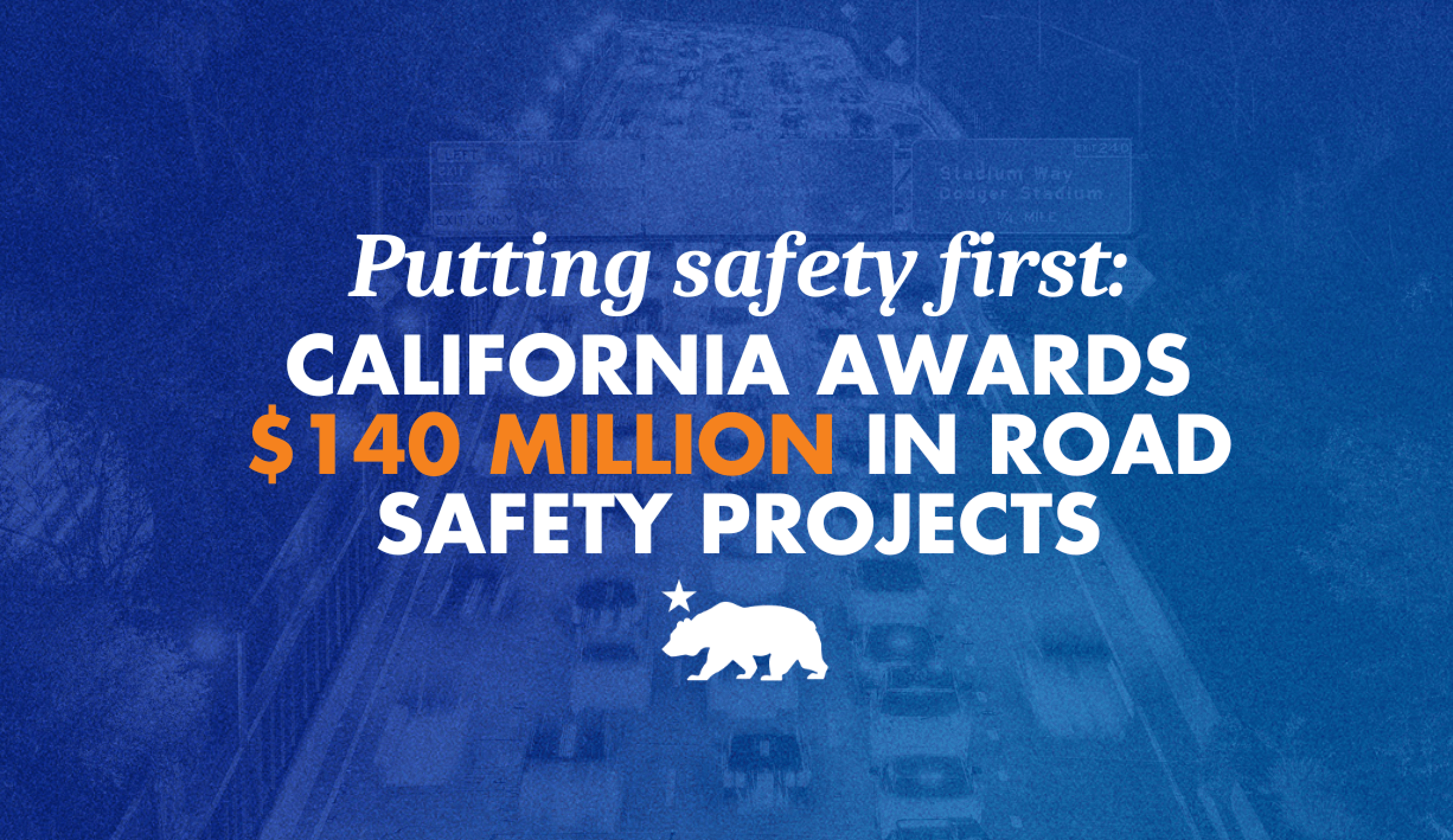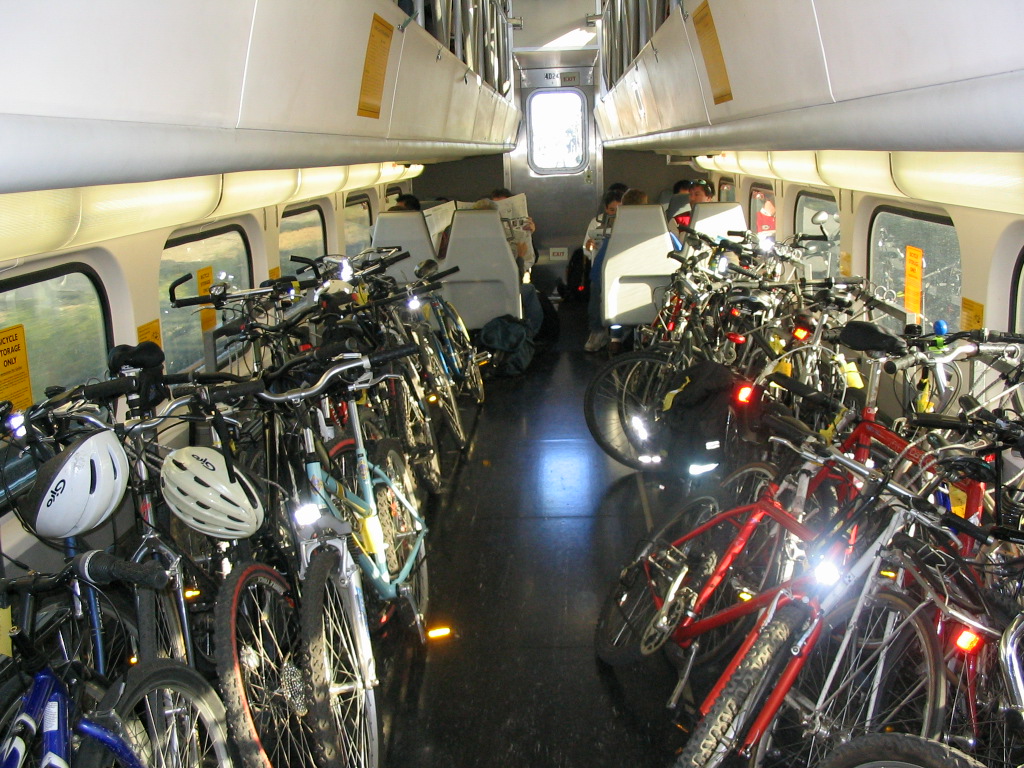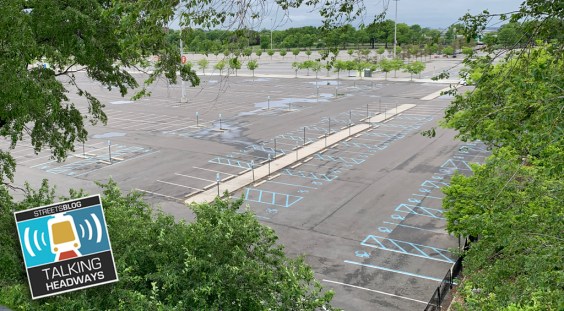How many jobs are within reach if you take the bus instead of driving? The answer says a lot about the transit system and economic opportunity in your region. If people can't rely on transit to get to work, they're either going to drive, or they'll be shut out of employment opportunities altogether.
Using Census data and transit schedules, researchers at the University of Minnesota have developed a way to compare transit access to jobs in different cities. Along with core metrics like ridership, their analysis can shed light on which cities are making transit more useful to people -- either by improving bus and train service or by fostering development near existing transit stops.
The university research team has been publishing the "Access Across America" index since 2013. Here's a look at this year's "most improved cities":
Ranking high on this list isn't necessarily an indicator of good transit -- it may simply be a sign that a city has a lot of room to improve. Most of these cities don't have abundant transit access in the first place, so relatively small changes in service or the location of jobs may register as major leaps in the index.
But it's worth noting that several of these cities have recently made significant transit improvements.
Minneapolis opened a new bus rapid transit route -- the A Line -- last year. The A Line helps explain Minneapolis's improvement in transit access to jobs, the researchers told the Star Tribune. While the A Line lacks bus lanes, it offers service every 10 minutes at rush hour, all-door boarding, and stops that aren't too close together. Ridership along the route has increased 30 percent since the upgrades debuted, giving plans for 10 additional "arterial bus rapid transit" lines more momentum.
TransitCenter advocacy director Jon Orcutt said it's not surprising to see Phoenix and San Francisco on the list as well. San Francisco continuously rolls out incremental improvements to its bus network, and Phoenix added bus and rail service in late 2016 using revenue from a voter-approved sales tax increase, which helped make it one of the few American cities where bus ridership increased last year.
Among the other cities with big improvements, Columbus also stands out for its bus network overhaul. The city redesigned its bus system to bring convenient, frequent service within reach of more people last year. Also notable are Cincinnati and Kansas City, which both built streetcar lines in 2016. These are short streetcar segments that operate in mixed traffic. Ridership on Cincinnati's has been disappointing (Kansas City's doesn't charge a fare), but since the routes serve downtown areas rich in jobs, they seem to be enough to propel these cities up the rankings.
